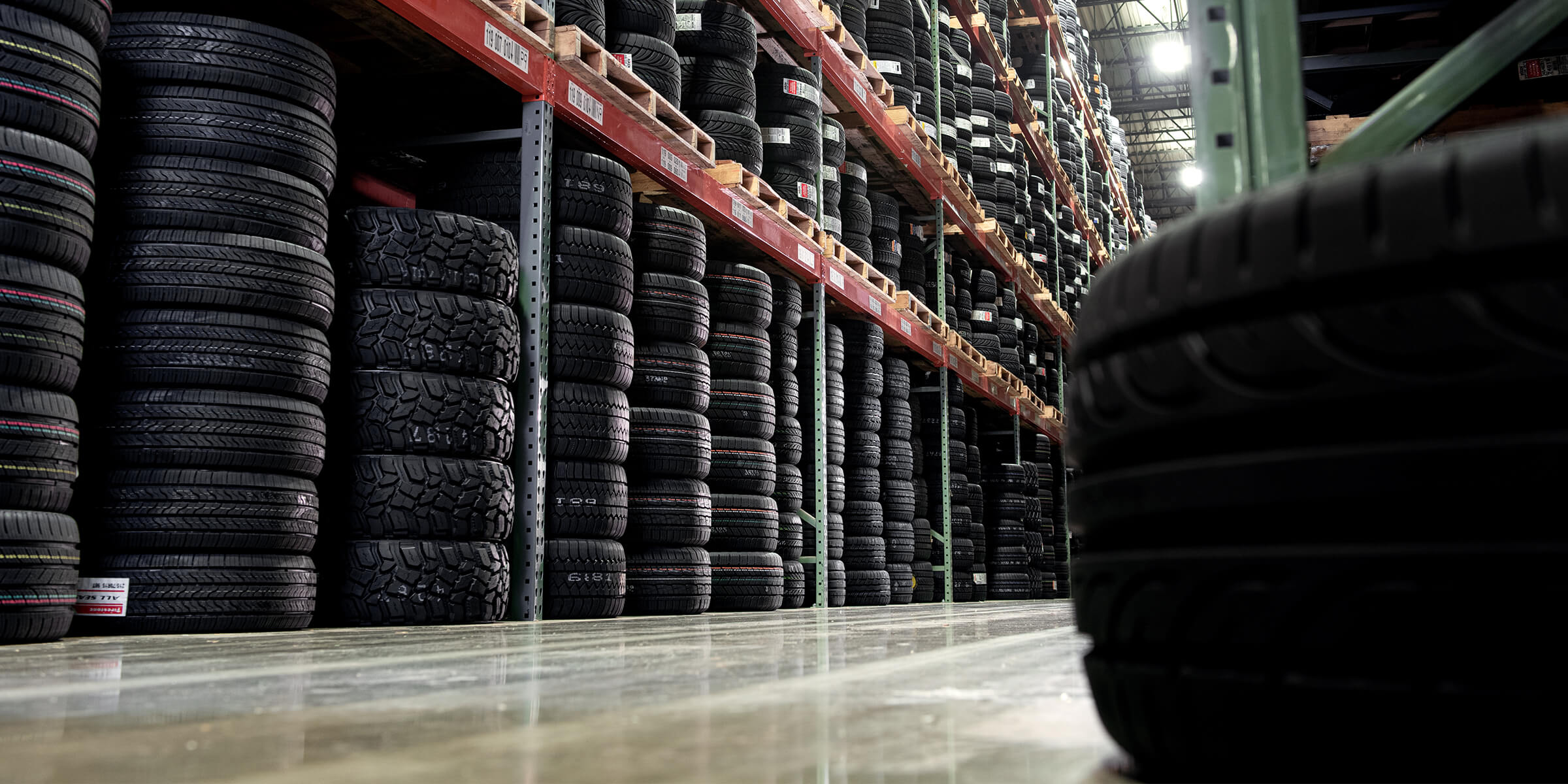Discover Exclusive Mopar Tire Service Specials in Morris Today
Discover Exclusive Mopar Tire Service Specials in Morris Today
Blog Article
Tire Solution: Comprehending Tire Stress Surveillance Equipments
Understanding Tire Pressure Tracking Solutions (TPMS) is an essential facet of keeping ideal vehicle efficiency and safety on the roadway. With advancements in auto technology, TPMS has become a conventional attribute in contemporary lorries, offering real-time information on tire stress levels.

Relevance of TPMS
The importance of Tire Pressure Surveillance Equipments (TPMS) hinges on their capability to improve vehicle safety and security and efficiency through real-time monitoring of tire pressure degrees. Maintaining the correct tire pressure is critical for making sure ideal handling, braking, and general security of a vehicle. TPMS gives vehicle drivers with prompt feedback on any underinflated or overinflated tires, enabling for timely changes to be made.
Parts of TPMS
Sensing units are generally located in the tire valve stem or attached to the wheel assembly, where they gauge tire stress and transmit data to the control module. Some progressed TPMS designs also show the real tire pressure readings for each tire, providing drivers with real-time info to guarantee optimal tire efficiency and security. By keeping an eye on tire pressure continuously, TPMS helps avoid accidents, lowers tire wear, and improves gas performance, making it a crucial element for automobile safety and performance. tires morris il.
Kinds Of TPMS

On the various other hand, indirect TPMS relies on the vehicle's wheel speed sensing units to keep track of tire pressure. This system discovers underinflation by contrasting the rotational speeds of the wheels. Indirect TPMS is less costly than direct TPMS, as it uses existing sensors within the car.
While direct TPMS provides much more accurate analyses, indirect TPMS is less complex in layout and typically requires much less maintenance. Both systems have their benefits and constraints, and the selection between them commonly depends upon elements such as price, car make, and personal choice. Recognizing the distinctions in between these two sorts of TPMS can help automobile proprietors make educated decisions relating to tire maintenance and safety.
TPMS Maintenance Tips
Reliable maintenance of TPMS is vital for guaranteeing optimum efficiency and safety of your lorry. Regularly inspecting the TPMS sensing units for any damages or rust is crucial. Guarantee that the sensing units are tidy and free from debris that can conflict with their functioning. In addition, it is a good idea to examine the sensor batteries occasionally and replace them as required to guarantee accurate analyses. Conduct regular checks on the tire stress levels and compare them with the TPMS analyses to ensure they correspond. If best site there are any kind of disparities, recalibrate the system adhering to the maker's standards. During tire turning or substitute, make certain that the TPMS parts are handled very carefully to protect against any prospective damages. If the TPMS warning light illuminates on the dashboard, address the problem without delay by checking the tire pressures and the overall system for any faults. By adhering to these maintenance suggestions, you can extend the life expectancy of your TPMS and improve the safety of your driving experience.
Benefits of Appropriate Tire Pressure
Maintaining correct tire pressure, as highlighted in TPMS Maintenance Tips, is vital for enjoying the many benefits connected with optimal tire stress levels. In addition, correct tire stress makes certain even tire wear, extending the life expectancy of the tires and advertising much safer driving conditions. try this In verdict, the advantages of proper tire pressure go beyond just tire long life; they encompass enhanced fuel efficiency, boosted safety, much better vehicle efficiency, and total driving convenience.
Final Thought
To conclude, understanding tire pressure monitoring systems (TPMS) is essential for preserving ideal tire stress and guaranteeing automobile security. By like it recognizing the importance of TPMS, knowing with its elements, knowing the various types readily available, sticking to proper upkeep tips, and understanding the advantages of maintaining appropriate tire stress, vehicle drivers can improve their driving experience and lengthen the lifespan of their tires. Correct tire stress is crucial to efficient and safe car operation.

Report this page